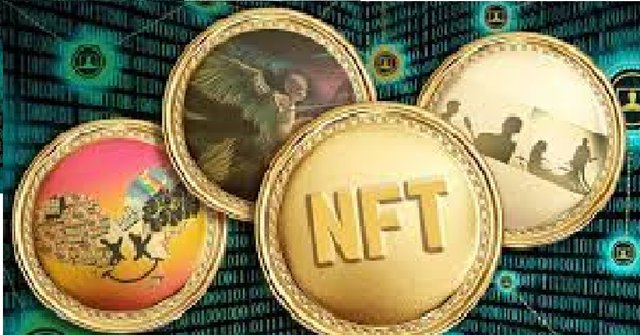Opening Words:
A group of members or shareholders who vote receive the authority to spend money and alter the code of the virtual corporation in which they are participating or are stockholders. When someone says "decentralized autonomous organizations," they are referring to a type of virtual entity in which a group of people has the authority to spend money and alter the code of a virtual entity in which they are members or shareholders with a 67 percent majority vote. This group would make a decision on how the organization's funds should be divided among its members rather than how the funds should be given to each individual member of the organization.

Explanation of the concept:
To distribute funds, it is probable that a decentralized autonomous organization (DAO) may use a variety of strategies, ranging from traditional approaches such as incentives and pay to more unique options such as an internal currency to recognize and reward hard work and devotion. Conventional legal procedures are no longer required since the agreements are enforced through the use of cryptographic blockchain technology rather than traditional legal procedures, which eliminates the necessity for traditional legal procedures.
For the most part, this corresponds to the legal requirements of operating a regular business or nonprofit organization. The majority of the current discussion about decentralized autonomous organizations (DAOs) has focused on the "capitalist" model of a "decentralized autonomous corporation" (DAC) with dividend-paying shareholders and tradable shares; an alternative model, perhaps described as a "decentralized autonomous community," would require the agreement of 67 percent of existing members to add or remove a member from the organization. If a person is only permitted to have one membership, the organization would be required to enforce the limitation that they are only permitted to have one member on a collective basis, which would be extremely inconvenient.
Each of these options would be given its own section of the agreement, which would go into further detail regarding each of them individually. The system would also store not just the current state of open storage modifications, but it would also keep track of which users voted in favor of each alteration if there were any, as well as who voted against each modification if there were any. According to the committee's openness effort, a complete list of all committee members would be made available to the general public as well as members of the media as part of the committee's openness project.

Final Words:
A storage change that has been permitted by two-thirds of the voting members in the relevant voting group and that has been endorsed by the remaining voting members can be implemented through the use of this transaction. An update to storage is implemented using this transaction if two-thirds of the voting members in a particular group have approved it. It would be possible to vote on features such as sending transactions to other members, adding new members, and removing old members in a more sophisticated skeleton; this could include vote delegation in the Liquid Democracy style (where anyone can assign someone to vote for them, and assignment is transitive, so that if A assigns B and B assigns C, then C determines A's vote), and voting on features such as adding and removing old members (i.e., anyone can assign someone to vote for them).
As a consequence of this structure, which allows individuals to delegate the responsibility for determining who should and should not be considered a member, the "current system" is what prevents the spontaneous emergence of a decentralized society as a result of this structure. A significant difference between it and the "current system" is that it bans individuals from delegating to experts the responsibility of determining who should and should not be considered a member of the group. Experts may emerge and fade away quickly over time, if individual members of the society change their allegiances, as has occurred in the past, according to the "current system."

#BNB
#crypto
#Binance #fintech
#IgniteBlockchain
#cryptocurrencies
#blockchain #money
#cryptocurrency #IGT
#Ignite #technology #bitcoin
Project Links:
WebPage Address: http://www.ignite.info/
Medium : https://ignitechain.medium.com/
WhitePaper Pages Link: http://whitepaper.ignite.info/
Telegram Group URL: https://t.me/IgniteChain
Reddit URL: https://www.reddit.com/r/ignitechain/
Twitter: https://twitter.com/ignitechain
Authored By:
BCT Member Profile Name: Sionsak
Telegram Member Profile Name: @TheBitcoinBadger10
BCT Member Profile: https://bitcointalk.org/index.php?action=profile;u=2252481;sa=summary
Forum POA Link: https://bitcointalk.org/index.php?topic=5383001.msg59499812#msg59499812
BinanceSmartChain Wallete Address: 0xc1B60b1C7127387f775D94C2D7a733C24Bf39917

Conventional legal procedures are no longer required since the agreements are enforced through the use of cryptographic blockchain.
Downvoting a post can decrease pending rewards and make it less visible. Common reasons:
Submit